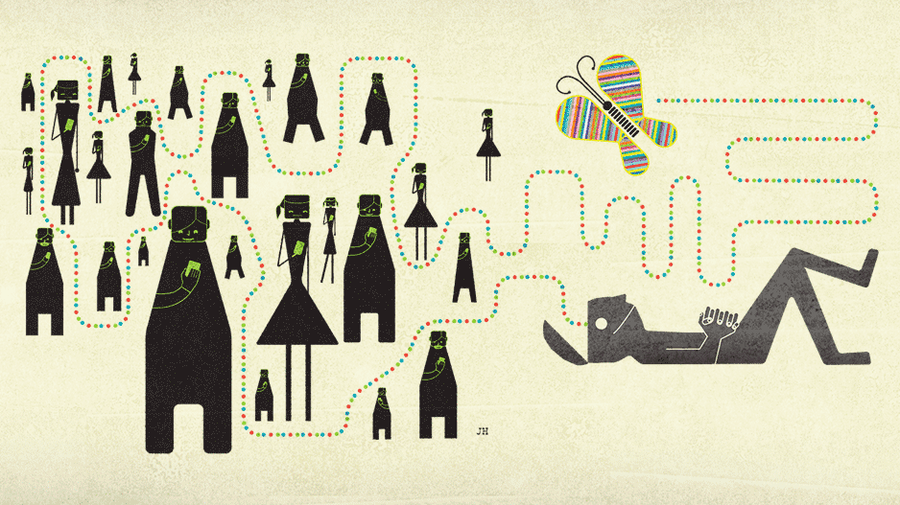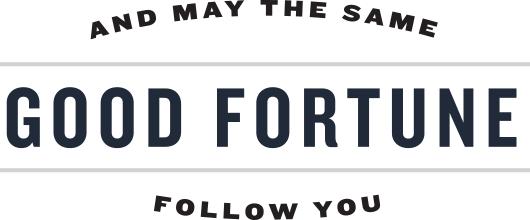Inspired to Be Bored
I recently heard that there are three questions we should always ask ourselves:
1). What can I celebrate?
2). What can I give?
3). How can I grow?
To be honest, I'm not yet sure how I would answer all these questions. Most days I strive to follow a general plan, but I tend to deviate and pivot when often I should stick to it. I juggle fatherhood, marriage, and a career on a daily basis. I've taken some time to reflect on these questions and think I've found the culprit as to why I struggle to find the best answers -- I'm not bored enough.
A weird problem to have right? Not being bored. But in actuality, it's a profound philosophical issue that more specialists are researching. We live in a world where it's nearly impossible not to find something to do or occupy our time. Information and entertainment are at our fingertips at all times with access to many digital devices. I've recently been reading a book titled, Bored and Brilliant by Manoush Zomorodi and it discusses this concept in great depth.

Zomorodi spoke with neuroscientists and cognitive psychologists about what happens when we always keep our brains busy and never give ourselves time to meander mentally. She discussed a concept called "mind-wandering" -- which is what our brains do when we're doing nothing at all, or not entirely focused on a task.
"When our minds wander, we activate something called the "default mode," the mental place where we solve problems and generate our best ideas, and engage in what's known as "autobiographical planning," which is how we make sense of our world and our lives and set future goals," Zomorodi said. "The default mode is also involved in how we try to understand and empathize with other people and make moral judgments."
Zomorodi goes on to explain that without any distractions we can find greater creativity -- no matter how you define or apply it.
The Bored and Brilliant book has helped me better define how I particularly use my smartphone and discovered most times it's not to increase my productivity or make me any smarter -- it's to help me escape or entertain myself.
Zomorodi puts it best when she says in her book:
"As my life ramped up, so had the pace and quantity of my technology consumption. My brain was always occupied, but my mind wasn't doing anything with all the information coming in."
During a time that I have called my "technology enlightenment," Zomorodi's book and the concepts she explores have helped me find a better balance to this problem. While no one is sure if screen time will have longer-term effects, technology is evolving, and more companies are fighting harder than ever to maintain our attention.
So I'm challenging myself and anyone else to be bored. Remove any stigma or negative association you have with that time and embrace it. Next time your commuting to work, or find yourself reaching for your phone or other digital distraction -- don't do it. Inspiration to solve more critical life problems or find greater creativity can strike if we give ourselves permission to do nothing at all.
Check our Zomorodi's TED talk to learn more about this concept:



